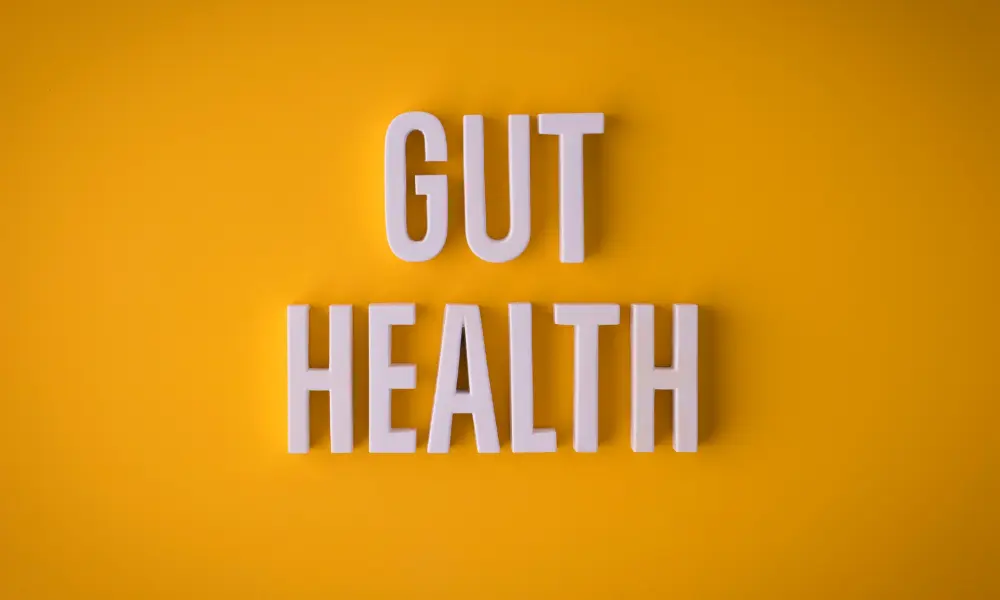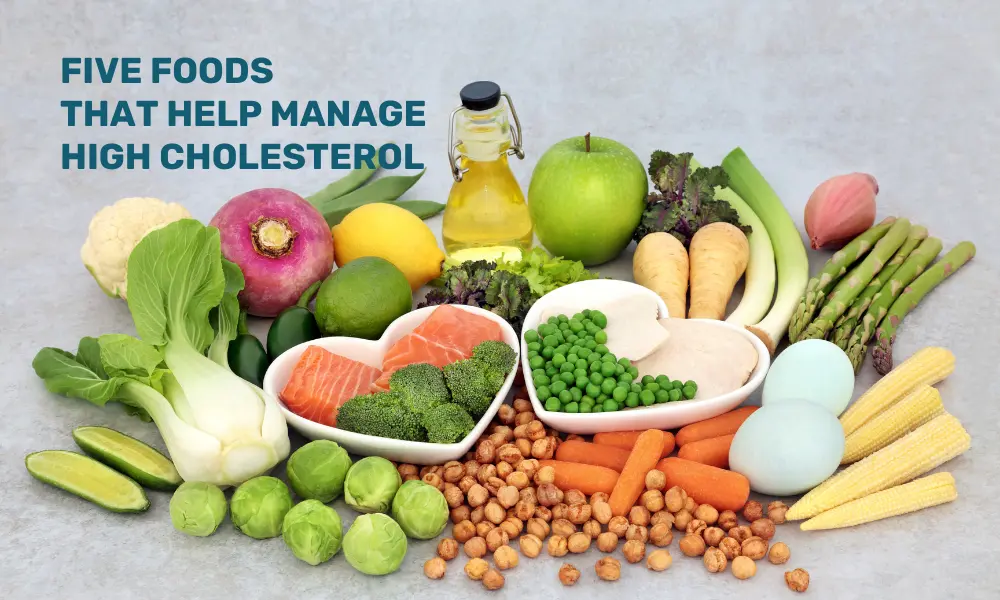Nowadays, many of us spend hours obsessing over clean eating, fitness routines, and gut-boosting supplements. However, the real damage to our health may come from something far more basic: the products we use every single day.
There are eight common household items that are quietly affecting our gut, liver, hormones, and immune system. Let us see what these items are.
Eight common household items to avoid for better gut health
-
Single-use plastic bottles: Drinking water from disposable plastic bottles, especially when exposed to heat or sunlight, can cause microplastics and BPA to leach into the water. These compounds act as endocrine disruptors, disrupting your hormones and potentially affecting metabolism, fertility, and gut health.
What to do instead: Switch to a stainless steel or glass water bottle. It’s better for your health and the planet.
-
Deli meats: Cold cuts, such as salami, bacon, ham, and sausages, often contain nitrates, nitrites, high levels of sodium, and preservatives. These have been directly associated with gut inflammation, increased risk of colorectal cancer, and insulin resistance.
What to do instead: Eat freshly cooked meats, eggs, paneer, tofu, or plant-based proteins instead of processed deli slices.
-
Scratched or chipped non-stick pans: Non-stick cookware may seem like a kitchen essential, but once it is scratched, it can leach PFAS, also known as “forever chemicals,” into our food. These chemicals are linked to hormone disruption, liver damage, infertility, thyroid disease, and even cancer.
What to do instead: Replace damaged non-stick pans with stainless steel, ceramic, or cast-iron options for safer cooking.
-
Ultra-processed packaged foods: It is not just about calories. Ultra-processed foods contain a cocktail of preservatives, refined oils, additives, and synthetic flavourings that wreak havoc on our gut lining. These can cause chronic inflammation, microbiome imbalance, and even “leaky gut syndrome.”
What to do instead: Cook with whole foods as much as possible. Avoid ingredient lists you can’t pronounce.
-
Air fresheners and scented candles: They may smell like lavender or “fresh cotton,” but most commercial air fresheners and candles release VOCs (volatile organic compounds) and phthalates, both of which are linked to respiratory problems, hormone disruption, and possible long-term damage to the liver and reproductive system.
What to do instead: Use essential oil diffusers, open windows for ventilation, or opt for non-toxic soy/beeswax candles.
-
Fragrance-heavy laundry detergents and dryer sheets: The “fresh scent” left behind by laundry products often comes from a mix of synthetic chemicals that cling to your clothes and are absorbed through your skin. Over time, they contribute to health complications, including hormonal disruption, skin irritation, and low-grade inflammation.
What to do instead: Use fragrance-free or eco-friendly laundry detergents, and skip dryer sheets altogether or replace them with reusable wool dryer balls.
-
Artificial sweeteners: Sweeteners like aspartame, sucralose, and saccharin can negatively affect your gut microbiome, lead to poor glucose control, and trigger sugar cravings. Some studies suggest artificial sweeteners can alter the way our body responds to actual sugar.
What to do instead: Use natural options like stevia (in its purest form), raw honey, or jaggery but in moderation.
-
Antibacterial soaps: Antibacterial soaps, particularly those containing triclosan, have been banned in several countries due to their adverse health effects. Triclosan not only disrupts our skin’s natural microbiome but also contributes to antibiotic resistance and hormonal issues.
What to do instead: Stick to plain, gentle soaps with no antibacterial marketing hype. Our body knows how to protect itself without the need for harsh chemicals.
We live in a time when bloating, fatigue, chronic gut issues, skin flare-ups, and poor digestion are at an all-time high. And while many of us look to diets and supplements to “fix” the problem, the truth is – the root cause might be your environment.
These hidden toxins, while subtle on their own, build up over time, quietly affecting your gut, hormones, and immune system. The first step to healing your gut is not adding more, it is removing what is harming you. It is not about being perfect, it is about being intentional. So, the next time you are restocking your kitchen or laundry shelf, pause and read the label.
Disclaimer: This article is meant for informational purposes only and must not be considered a substitute for professional advice.




